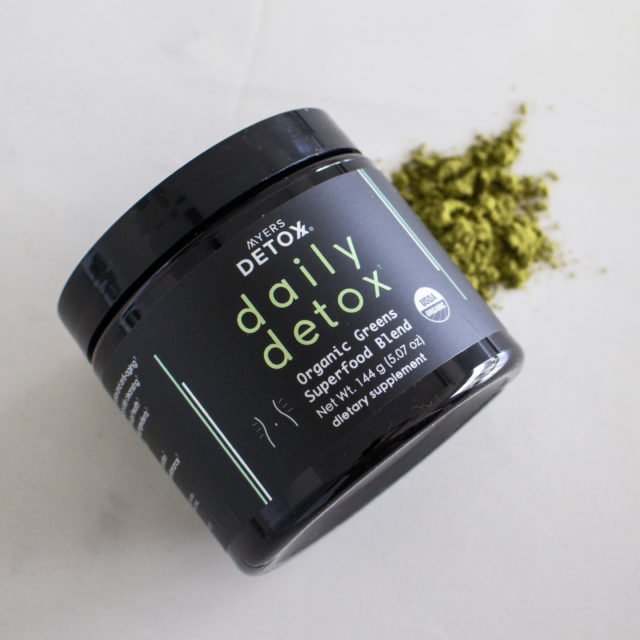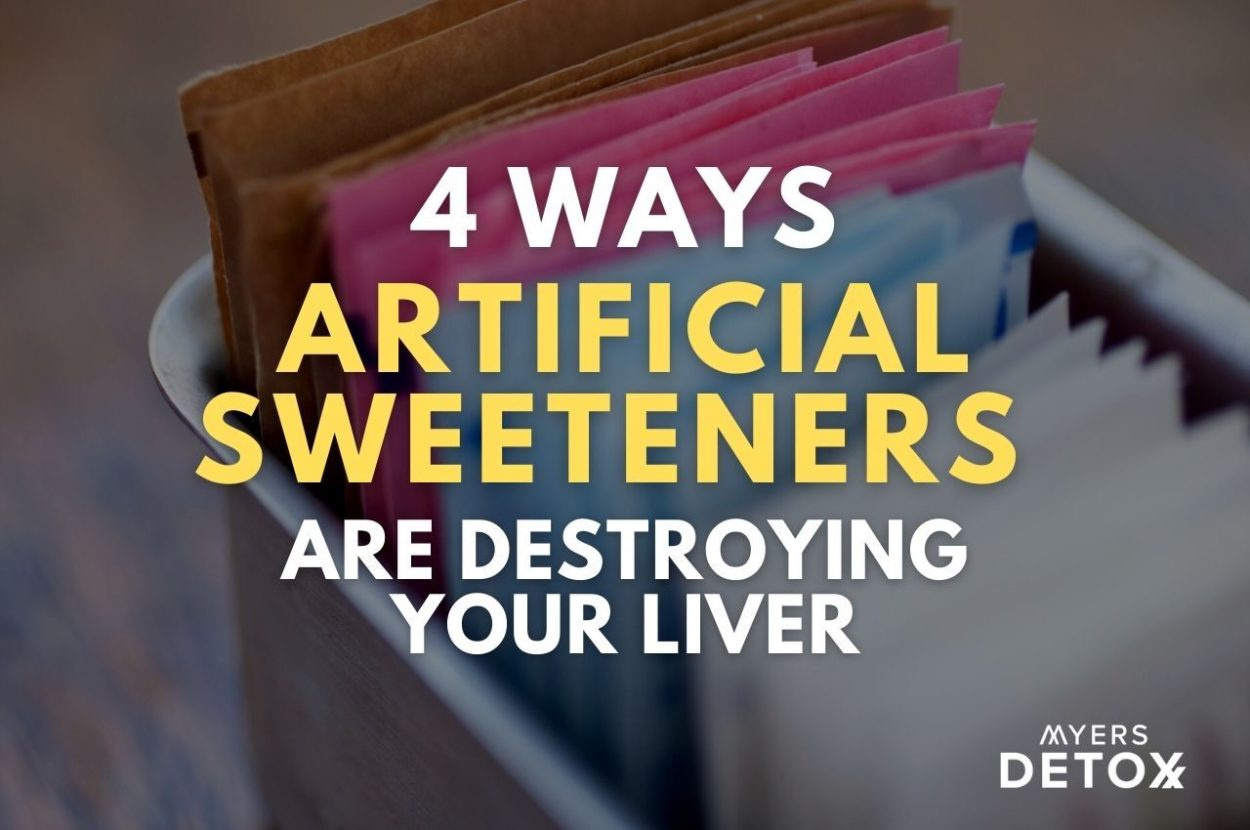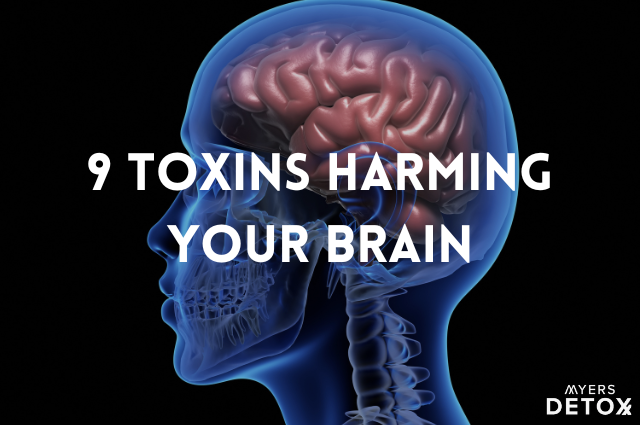Many people are moving away from using sugar as their primary source of sweetness and for a very good reason. Overconsumption of sugar is linked to a litany of health issues, including diabetes, cardiovascular disease, and obesity — to name a few.
Fortunately, food manufacturers haven’t skipped a beat when it comes to replacing sugar. Unfortunately, not all sugar replacements are made equally, and some of the options out there are downright dangerous.
The majority of people turning to sugar alternatives are looking for a way to lose weight while still enjoying their sweets here and there. Americans, in particular, are cued up for the sweet taste as almost every item on our shelves has some form of added sugar.
Although you may be able to cut calories by switching out your source of sweetness, your liver may be paying the price.
In this article, you’ll learn:
- How chemical sweeteners destroy your liver cells
- The difference between artificial sweeteners and other sugar alternatives
- Why your liver can’t handle these extra toxins
- How to bring your liver back from the damage done
What Are Artificial Sweeteners?
There is a vast and crucial difference between sugar substitutes and artificial sweeteners. Although they fall under the same umbrella, sugar substitutes like monk fruit and stevia are sourced from plants found in nature. Artificial sweeteners, on the other hand, are chemically produced and have no basis in the natural world.
You may find artificial, chemically produced sweeteners in a wide range of products like diet soda, sugar-free ice cream and candy, and low-carb packaged foods like nutrition bars and shakes. You can also find the branded versions of these sweeteners for home cooking and baking at most grocery stores.
Many manufacturers are jumping on the low-carb bandwagon as the ketogenic diet becomes more popular. While some of these companies are formulating sweet alternatives that use natural sources of sweeteners like monk fruit and stevia, many companies opt for lower-quality (cheaper) alternatives like chemical sweeteners.
The primary artificial sweeteners to keep an eye out for include:
Aspartame
Aspartame is a commonly used chemical sweetener that can be found under the brand names NutraSweet or Equal. It’s about 200 times sweeter than sugar, so a very small amount of this sweetener goes a long way.
You can find aspartame in a wide range of products, including chewing gum, beverages, puddings, dairy products, and more.
Acesulfame Potassium
Acesulfame potassium (also known as acesulfame K) is sold under the brands Sunett and Sweet One. This chemical sweetener is about 200 times sweeter than sugar and is typically combined with other sweeteners. It’s heat-stable, so it’s often found in baked goods but is also widely used in sugar-free frozen desserts, candy, and beverages.
Sucralose
Sucralose is sold under the brand Splenda and is about 600 times sweeter than sugar. Sucralose is another heat stable chemical sweetener that’s used in many sugar-free products, including baked goods, beverages, chewing gum, gelatins, and frozen dairy desserts.
You may find sucralose on your ingredient panel or frequently under the branding “Splenda.”
Neotame
Neotame is sold under the brand Newtame and is around 7,000 to 13,000 times sweeter than sugar. This chemical sweetener is often used as a flavor-enhancer in a range of food products.
Saccharin
Saccharin is sold under the brands Sweet and Low, Sweet Twin, Sweet’N Low, and Necta Sweet. It’s 200 to 700 times sweeter than sugar and is one of the oldest chemical sweeteners, discovered back in 1879.
Saccharin is often found in sugar-free products such as beverages, fruit juice and as a branded table sugar alternative for a wide range of applications.
How Artificial Sweeteners Impact Liver Health
#1 Increases Risk For Non-Alcoholic Fatty Liver Disease (NAFLD)
NAFLD is a widespread disease that’s characterized by the accumulation of excess fat in the liver. Alcoholics often develop fatty liver due to the heavy processing of alcohol, but in NAFLD, it isn’t the alcohol causing the fatty liver, but dietary factors.
Research shows that the consumption of artificial sweeteners increases the risk for NAFLD by way of your gut microbiota. Although the mechanism isn’t yet well understood, artificial sweeteners can cause something called dysbiosis in your gut. Dysbiosis is characterized by an imbalance in gut bacteria, where harmful bacteria are allowed to grow out of proportion to beneficial bacteria[1].
Dysbiosis is linked to NAFLD due to the role that your microbiome plays in the metabolism of nutrients. Therefore, when you consume artificial sweeteners, it disrupts the delicate balance of your microbiome, inhibiting proper digestion and metabolism and increasing the number of fat deposits in your liver[1].
When NAFLD goes untreated, it can develop into Nonalcoholic Steatohepatitis (NASH). NASH is marked by inflammation in the liver and can set the stage for severe liver damage[2].
#2 Insulin Resistance
One of the paradoxical issues with artificial sweeteners is that although they don’t increase blood sugar, they do increase the release of insulin from your pancreas. Due to their sweet taste, it sends a signal to your body that you’ve ingested something sweet (which, in theory, should mean there’s lots of glucose heading straight into your bloodstream).
Research shows that this increase in insulin, absent of actual glucose, can lead to decreased insulin receptor activity, otherwise known as insulin resistance[3].
Insulin resistance is another pathway for fatty liver, as it creates a disturbance in your metabolism, either increasing the synthesis of fat or reducing the secretion of fat in your liver[4].
#3 Elevated Liver Enzymes and Impaired Antioxidants
Artificial sweeteners can also disturb the enzyme and antioxidant systems in your liver. In fact, research shows that aspartame, the sweetener used in Sweet N’ Low, can increase liver enzymes while simultaneously decreasing glutathione in your liver[5].
Glutathione is one of the most potent antioxidant systems in your body and plays a vital role in combating oxidative stress. But when you ingest chemical toxins like artificial sweeteners, glutathione must be used to clean up the mess.
Researchers aren’t sure exactly how artificial sweeteners impact liver enzymes and antioxidants, but evidence suggests that insulin resistance may be at the root[7]. Elevated liver enzymes often indicate high levels of inflammation or damage to liver cells[6].
#4 Burden Of Detoxification
When you ingest anything that your body doesn’t readily recognize and metabolize, it signals the need for detoxification. As you can imagine, artificial sweeteners that are made in a lab send a confusing signal to your body.
As if the impact on insulin secretion and liver fat accumulation weren’t enough, these chemicals add an extra burden on your liver as it tries to clear them from your system.
While it is your liver’s job to detox your body, it already has enough environmental and physiological wastes to remove — it certainly does not need the extra burden of artificial sweeteners.
Alternative Options For Sweetness
If your only option is table sugar or chemical sweeteners, at this point, you’re likely leaning towards good old sugar.
Luckily, there is another way to go. Sweeteners like stevia and monk fruit are derived from nature and don’t come with the damaging impact of artificial sweeteners.
In fact, research shows that stevia may reduce NAFLD and help save your liver. Furthermore, this ingredient displays antioxidant and anti-inflammatory activity in your body[8][9].
You can find stevia in liquid or powder form and add it to any recipe or application you would add table sugar. Many manufacturers are also picking up on the trend and using stevia in place of chemical sweeteners.
Monk fruit is another fantastic option with antioxidant and anti-inflammatory activity. This sweetener has been used for thousands of years in Traditional Chinese Medicine and supports healthy blood sugar levels[10].
You can find monk fruit in a variety of products, as well as branded as a table sugar alternative.
Fight The Damage Of Artificial Sweeteners
If you’ve been innocently using artificial sweeteners in an effort to lose weight or generally support your health by staying away from sugar, it may be time for some liver repair.
Although these sweeteners are typically only used in small amounts, over time, the damage can build up.
In addition to switching over to more natural sugar substitutes, you can give your liver a little TLC with Daily Detox.
 This 100% organic greens superfood supplement includes a variety of herbs and foods that support liver health and function. If you’ve been using artificial sweeteners, you likely need to help your body regain a healthy inflammatory response and reduce oxidative stress in your liver — Daily Detox can support your body in doing just that.
This 100% organic greens superfood supplement includes a variety of herbs and foods that support liver health and function. If you’ve been using artificial sweeteners, you likely need to help your body regain a healthy inflammatory response and reduce oxidative stress in your liver — Daily Detox can support your body in doing just that.
What’s more, if weight loss is your goal, there is truly nothing more important than making sure your liver is functioning optimally. Your liver is the hub of your metabolic functions, fat metabolism and hormone balance; when it’s backed up, your ability to lose and maintain weight will be severely inhibited.
Daily Detox contains the metabolic support that your body needs to keep your metabolism humming so that all of your weight loss efforts are enhanced instead of inhibited.
Takeaway
Most people could stand to cut down on their sugar intake, but how you go about this is key. If you’ve been replacing sugar with chemical sweeteners, you may be doing much more harm than good to your body — and especially your liver.
The paradoxical truth is that, while you may be choosing those yellow, blue, and pink packets of artificial sweeteners with health in mind — they may actually be your greatest downfall.
Luckily, there are a couple of options on the market that can replace artificial sweeteners and simultaneously enhance your health. Stevia and monk fruit both come from nature and offer excellent options for sugar-free sweetness.
If you’ve been on the chemical sweetener train for a while, I sincerely urge you to give your liver some love. Daily Detox offers a unique and potent blend of nutrients that will not only support liver health but can assist you on your weight loss journey.










